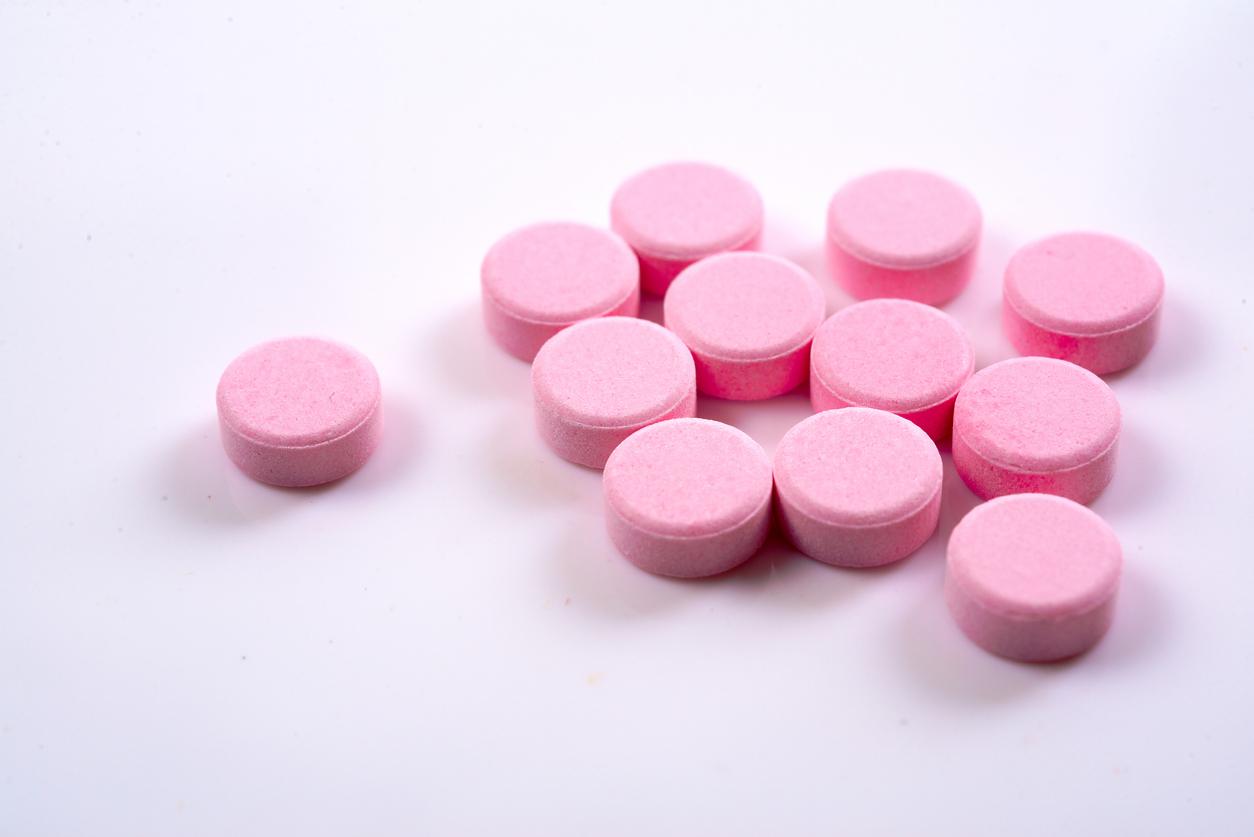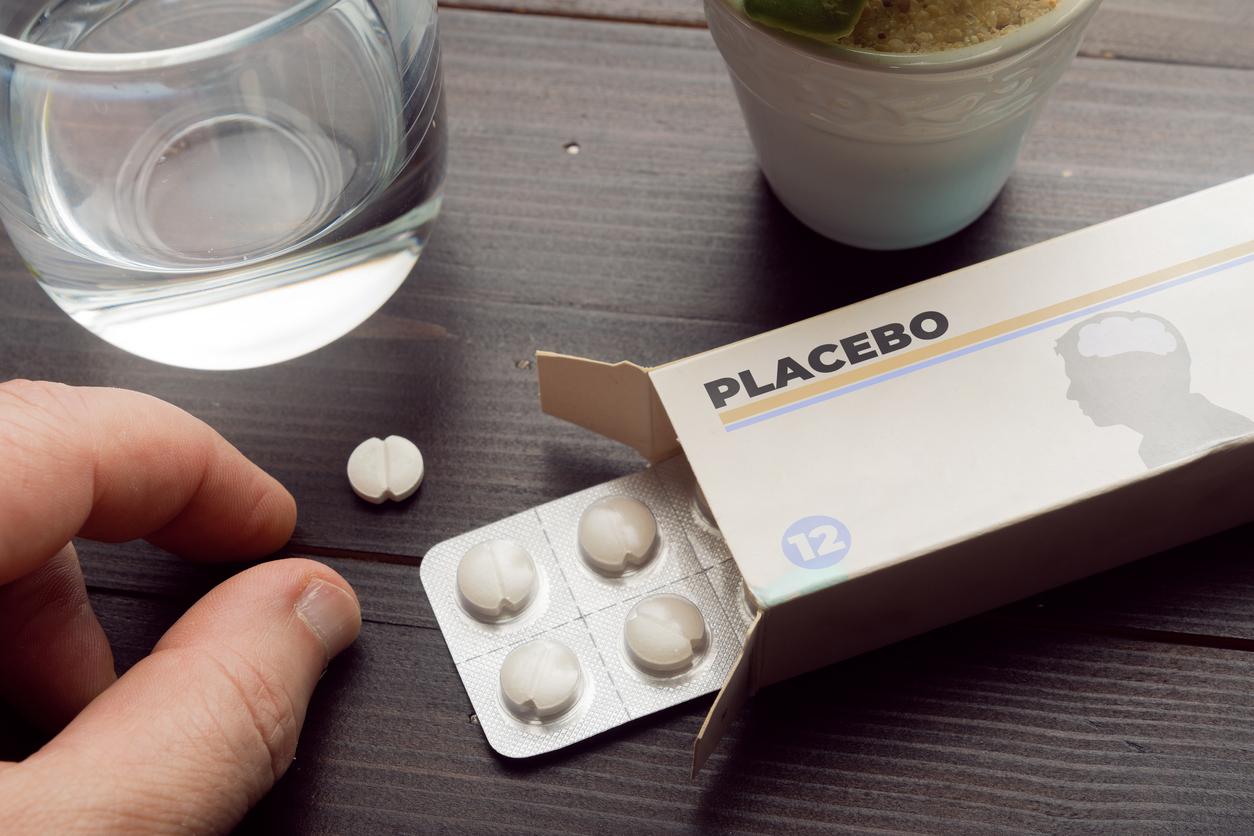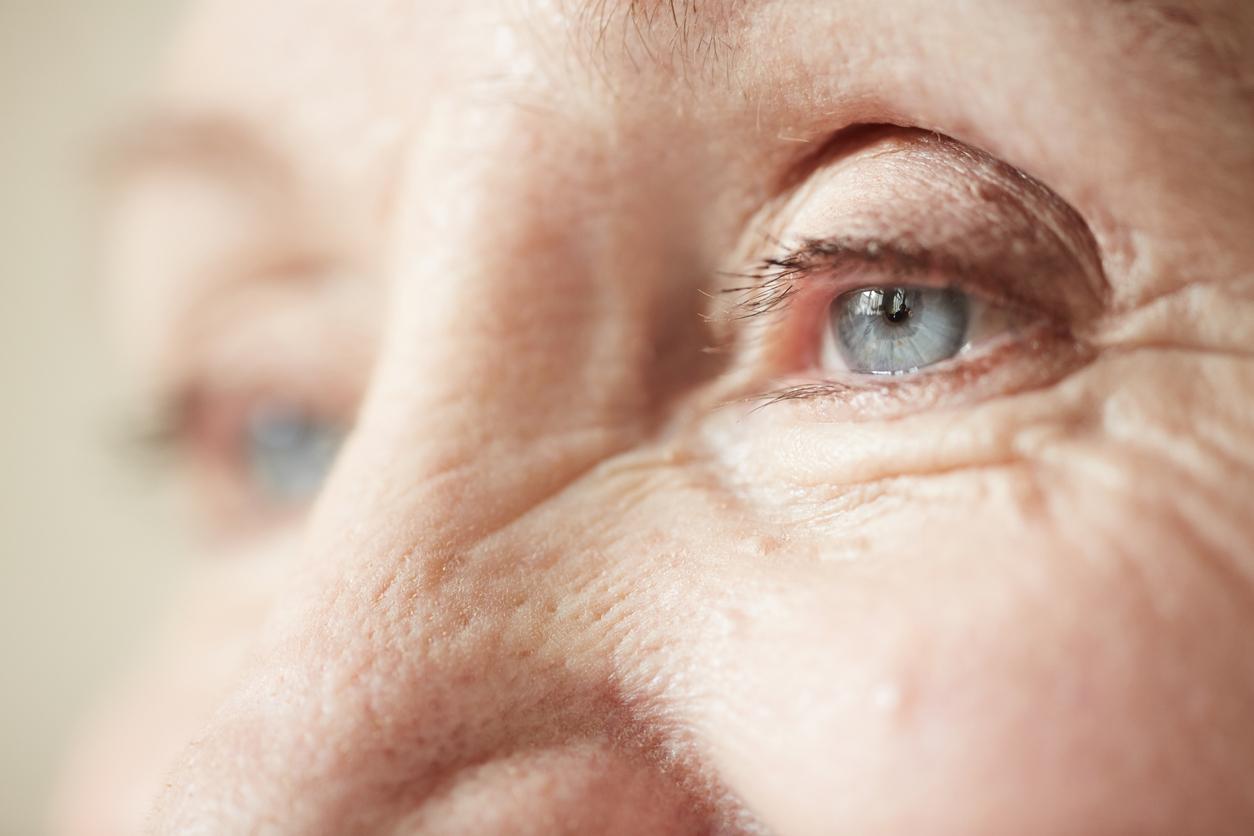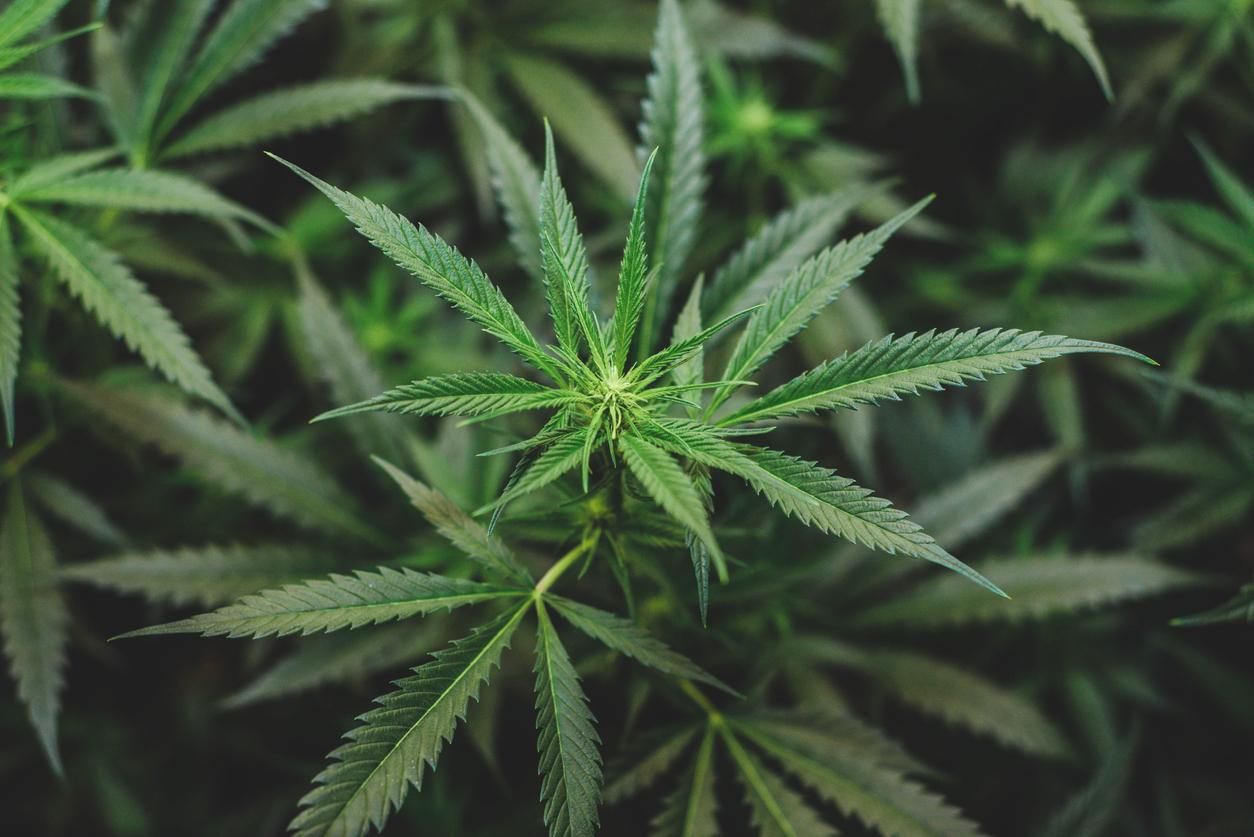
Fake drug that can still have an effect
Good question! In this section PlusOnline goes in search of answers to nagging questions. This time: What is a placebo and how does the placebo effect actually work?
A placebo is a fake drug. It can be an injection, pill, surgery or other treatment with no immediate medical effect. Like a tablet that looks and tastes exactly like a real painkiller, but without the active ingredients. The patient does not know that he is taking a placebo instead of a ‘real’ drug.
Drug research
Researchers use placebos in drug development. For example, to test whether a drug is effective, half of a group of test subjects is given the real drug. The other half, the so-called control group, is given a placebo.
The subjects are randomly assigned to these groups and do not know what they are going to take. The researchers are also not allowed to know who gets what, because otherwise they could influence the results. This is therefore called a double-blind study: neither the test subjects nor the researchers know who is taking a placebo. The researchers then compare the results. This way they can see whether the real medicine is doing its job properly.
Placebo effect
A patient or subject can respond positively or negatively to a placebo. Even though it actually contains no active ingredients at all. Complaints disappear or side effects arise. This effect is the so-called placebo effect.
It is not yet known exactly how the placebo effect works. It probably has to do with a patient’s expectations. You expect that a medicine will have a certain effect and therefore you experience that effect occurring. Even if you expect side effects, such as nausea or feeling dizzy, these side effects will occur more often. This does not mean that these patients are just imagining things. Studies have shown that actual physical changes can occur with the use of a placebo.
- Add comment

















